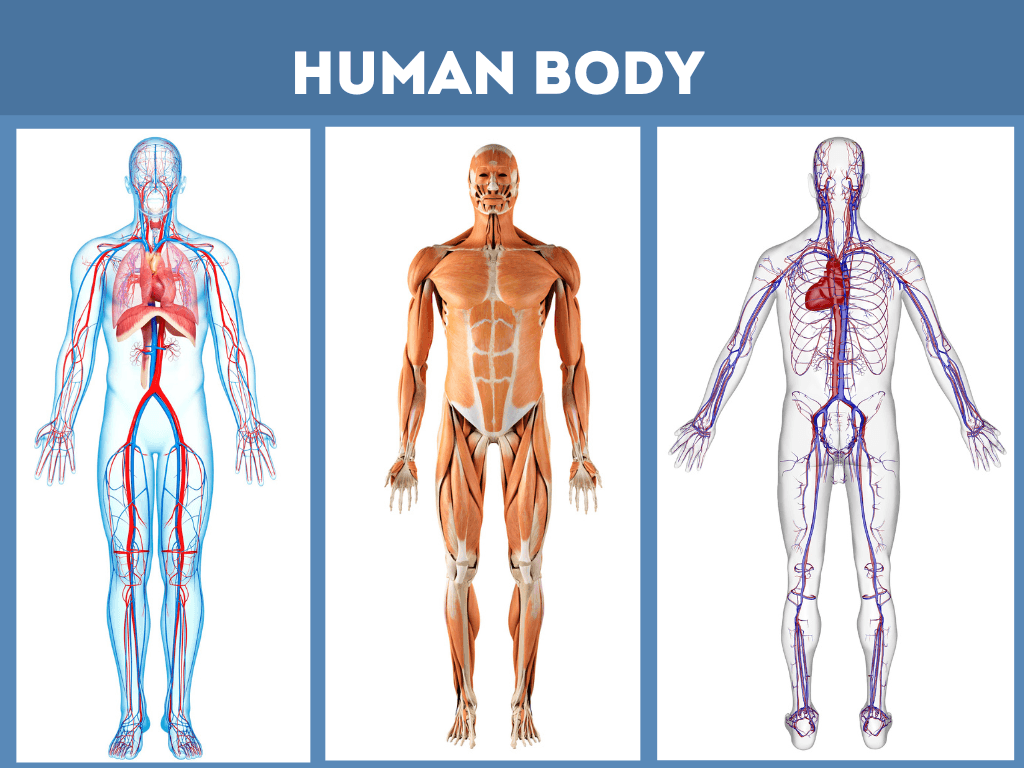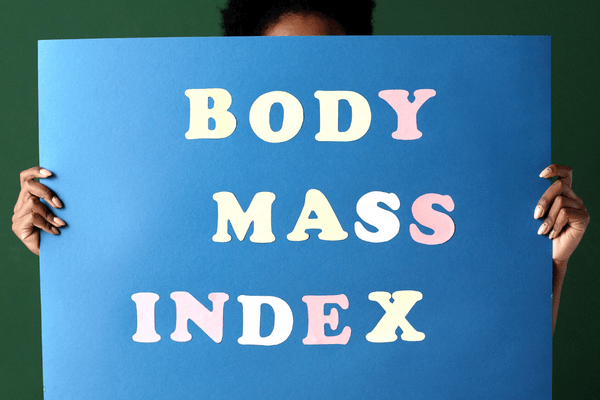When it comes to our health and fitness goals, we often hear the term "body composition" thrown around. But what exactly does it mean, and why does it matter?
In this post, we'll explore the basics of body composition, the different ways it can be measured, and why understanding your own body composition can help you achieve your health and fitness goals.
What is body composition?
Body composition refers to the different types of tissues that make up our bodies, including muscle, fat, bone, and organs. When we talk about body composition, we are usually referring to the proportions of these tissues in relation to each other.

Common body compositions and their meaning
As an illustration to help you understand the common terms used in discussing body composition and to gain better insight into your own body, we will utilize our Lescale P1 professional scale. This scale is capable of measuring up to 20 different body compositions.1) Body weight: The total weight of the body, which includes all the tissues, organs, bones, fluids, and fat.
2) BMI: Body Mass Index is a measure of body fat based on height and weight. It's calculated by dividing weight in kilograms by height in meters squared.
3) Body fat percentage: The proportion of adipose tissue versus muscle in a body.
4) Muscle rate: The percentage of muscle in the body.
5) Fat-free body weight: The weight of the body without any fat, including bone, muscle, and other lean tissues.
6) Subcutaneous fat: The layer of fat that lies just beneath the skin. Subcutaneous dispose tissue (fat) lies between the dermis layer (skin) and fascia layer (connective tissue).
7) Visceral fat: The fat that is stored around the organs in the abdominal cavity.
8) Body water percentage: The proportion of body weight that is made up of water.
9) Skeletal muscle percentage: The percentage of muscle that is attached to the bones.
10) Muscle mass: The total amount of muscle in the body, including skeletal muscle mass, myocardium, smooth muscle, moisture, etc.
11) Bone mass: The amount of minerals (mostly calcium and phosphorus) contained in a certain volume of bone.
12) Protein percentage: The proportion of body weight that is made up of protein.
13) BMR: Basal metabolic rate is the minimum amount of energy required by the body to carry out essential functions at rest.
14) Body age: A calculation based on various factors that estimate a person's biological age compared to their chronological age.
15) Body fat mass: The actual weight of fat in the body.
16) Water weight: The amount of water in the body.
17) Protein mass: The actual weight of protein in the body.
18) Ideal body weight: A weight that is considered healthy for a person's height and build.
19) Obesity level: A classification based on BMI that indicates whether a person is overweight or obese.
20) Body type: A categorization based on body shape and composition, such as endomorph, mesomorph, or ectomorph.
Benefits of knowing your body composition
Knowing your body composition can help you set realistic health and fitness goals, as well as track your progress towards those goals.For example, if your goal is to lose weight, knowing your body fat percentage can be more informative than simply tracking your weight on a scale. If you are trying to build muscle, tracking your muscle mass percentage can help you determine whether your training program is effective.
How to Measure Body Composition?
There are several ways to measure body composition, including:
Skinfold calipers: a tool that measures the thickness of your skin folds to estimate your body fat percentage.

Bioelectrical impedance analysis (BIA): a method that uses a small electrical current to measure the amount of fat, muscle, and water in your body. Our smart body fat scales all use advanced bioimpedance tech to guarantee you with the complete and accurate measurement.
Dual-energy X-ray absorptiometry (DEXA): a type of X-ray that can measure bone density as well as body fat and muscle mass.

Hydrostatic weighing: a method that involves weighing yourself underwater to measure body density and estimate body fat percentage.

Factors to Consider when you want to change any of your body compositions?
If you want to change your body composition, there are several factors to consider:- Nutrition: Your diet plays a big role in your body composition. To lose fat, you need to be in a calorie deficit, while to build muscle, you need to be in a calorie surplus. Eating a balanced diet that includes plenty of protein can also help you build muscle and lose fat.
- Exercise: Different types of exercise can help you achieve different goals. Resistance training can help you build muscle, while cardiovascular exercise can help you burn fat and improve your overall fitness.
- Sleep: Getting enough sleep is important for both muscle growth and fat loss. Aim for 7-9 hours of sleep per night.
- Stress: Chronic stress can lead to increased cortisol levels, which can contribute to fat gain and muscle loss. Managing your stress levels through techniques like meditation, yoga, or deep breathing can help.
Remember, small changes in your body composition can lead to big improvements in your overall health and well-being.



